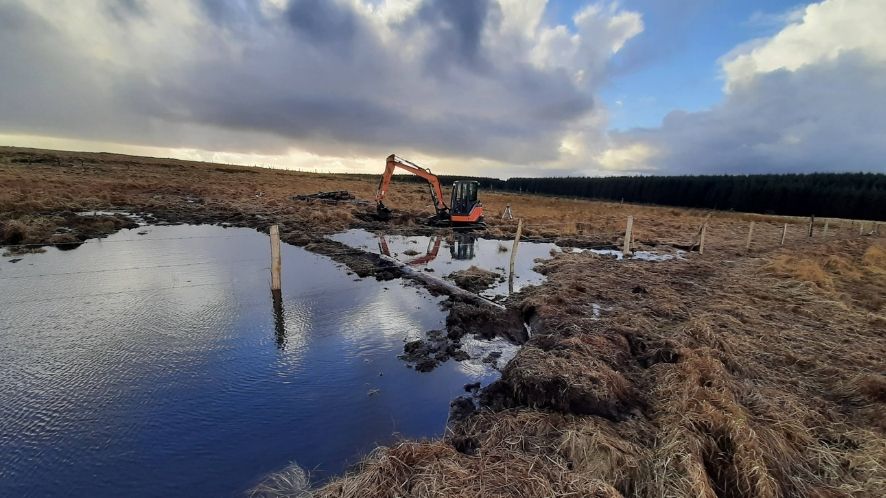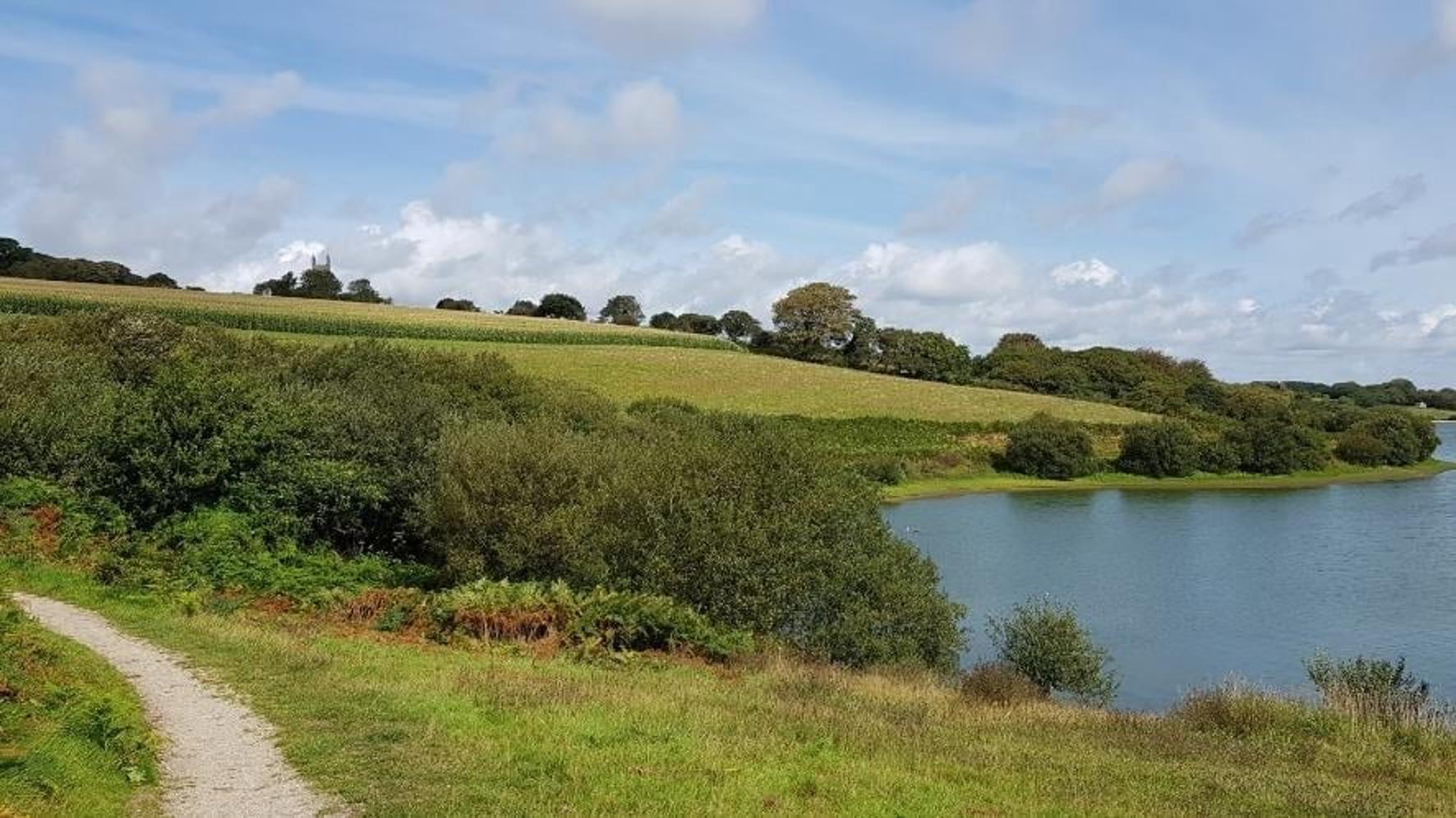The film highlights the success of the Upstream Thinking programme which has been working to improve water quality and reduce pollution across the region since 2010.
The multi-award winning project works to restore peatlands and other habitats, and has worked with over 2,000 farms to reduce manure, artificial fertilisers, herbicides and pesticides, entering the water course.
Giving an overview of the 15-year project, the six-minute film includes interviews with partners from South West Peatland Partnership, West Country Rivers Trust, and the Devon Wildlife Trust.
The film, which premiered at the Upstream Thinking Conference held at South West Water’s Roadford Reservoir on 7 November, showcases landscapes of the South West with filmmakers Ocean City Media capturing aerial location shots of Dartmoor and Stithians Reservoir in Cornwall.
By investing £24.5m in nature-based solutions over the last five years, Upstream Thinking continues to deliver cleaner rivers, healthier ecosystems and more efficient water services for its customers and communities.

CEO of Pennon, Susan Davy, said: “This film is a celebration of Upstream Thinking and all it has achieved over the last 15 years. What began as a modest collaboration has grown into a transformative force in water management, collaborative delivery and environmental gain.
“Today, Upstream Thinking encompasses ten partners and spans 25 catchments, including South West Water, Bristol Water and Bournemouth Water. This expansion reflects not only the scale of ambition but the strength of partnership at the heart of the programme. It is this spirit of collaboration that continues to drive innovation and impact.”
Morag Angus, Mires Manager at South West Peatland Partnership, a partner of the Upstream Thinking programme, said: “This Upstream Thinking film showcases how we all can work together to bring about important change for the environment.
“South West Water’s Upstream Thinking has been vitally important in enabling peatland restoration which is key to improving water quality, managing flooding, bringing back wildlife and improving water security.”
